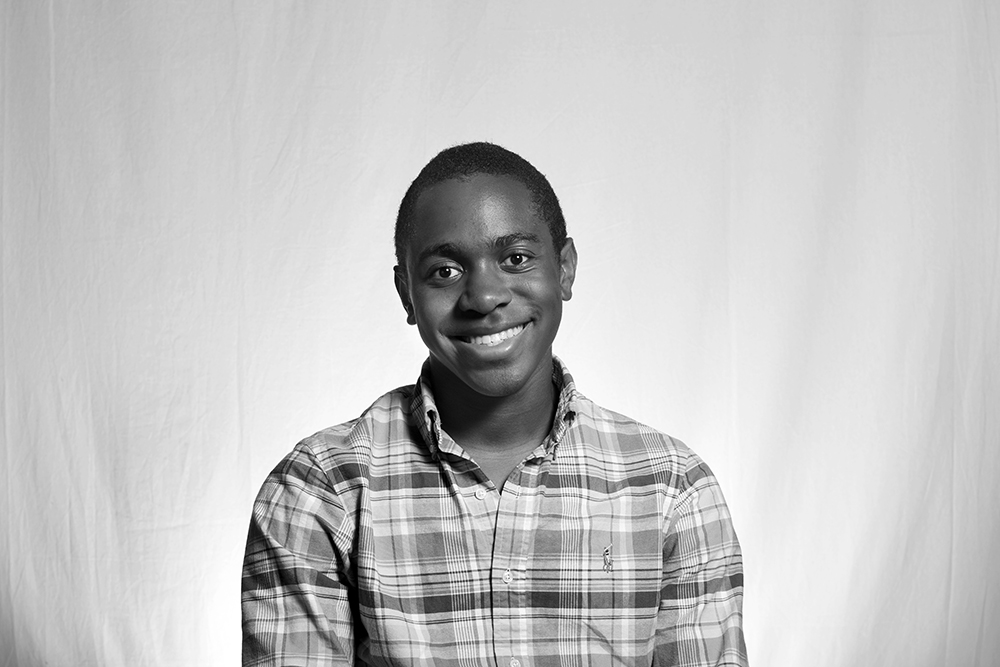Kevin Keatts and the Black Coaching Drought

Kevin Moye | Staff Writer
On a Sunday in March 2017, there he stood. Giving his introductory speech to his new Wolfpack faithfuls, Kevin Keatts proclaimed his now famous statement, “Kevin Keatts is a winner.” Among that though were some less talked about—but arguably, just as important—points.
Within his speech, Keatts talked about his goal of reforming the culture of NC State basketball. He spoke about wanting to adopt a hard-working culture for our program and brushed on the importance of gearing up his players for living successful lives after their time in college.
One area that Keatts did not touch on, yet is certainly changing, is the culture of homogeneity within NCAA head coaching.
Before Keatts’ hiring, the Atlantic Coast Conference had just a paltry two black men’s basketball coaches out of the 15 schools within the conference—the rest were all white men. Since then, the conference has welcomed two outstanding black coaches in Kevin Keatts and former assistant coach at Duke, Jeff Capel.
Within college basketball, there is a surprising lack of black head coaches representing the faces of their team. Even rarer are the black coaches at the helm of successful college basketball programs.
Currently, only four black head coaches have ever had the honors of taking home NCAA championships to their programs with the last being Kevin Ollie of UConn back in 2014. Before him, there had been a nearly 20-year drought for black coaches with Kentucky’s Tubby Smith being the last black man to win it all in 1998.
While I recognize that hiring head coaches should be a meritocratic process, it does appear to be a cultural problem when the majority of players are black, however, the overwhelming majority of head coaches are white.
In 2018, 53 percent of all NCAA basketball players identified as black compared to the 26.9 percent who identified as white. On the other side of the very same coin, white men compose 75 percent of basketball head coaching jobs with only 22 percent of head coaches being black.
The disparity between the two positions is simply too pronounced to believe that these results are based on meritocracy.
Interestingly, assistant coaches were fairly evenly distributed in 2018 with 50.6 percent being white and 44.3 percent being black. This stat would make it appear that programs are certainly willing to hire black individuals to help shape their teams, yet there is still a large amount of hesitation in allowing them to take over the team.
NC State is not new to the party in terms of hiring black head coaches. Just 8 years ago, Sidney Lowe was in command of the Wolfpack’s basketball program. In this area, NC State distinctly stands out from our Tobacco Road rivals in Duke and UNC, neither of which have ever hired anyone other than white men to lead their basketball programs.
Of course, Keatts will not have an overnight effect that leads to an explosion in diversity. Keatts can, however, contribute to the increase of black role models for young players with aspirations of rising up to become head coaches. Furthermore, Keatts has the opportunity to enter a selective group of people.
If he continues to prove himself as the winner we all know and love him to be, Keatts could become one out of the handful of black coaches to ever make their way to a Final Four appearance—or even more wishful, a national championship.
Time can only tell what will become of Keatts’ time at NC State, but as of now, one thing is certain: when it comes to helping diversity in the white-dominated realm of college basketball coaching, Kevin Keatts is a winner.